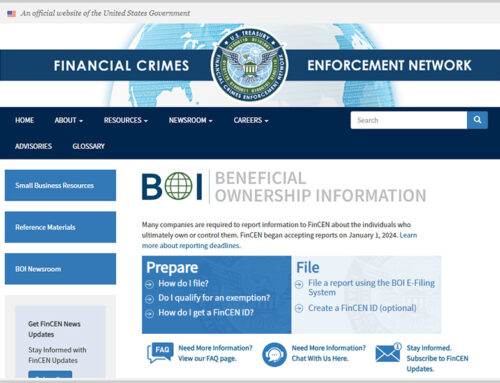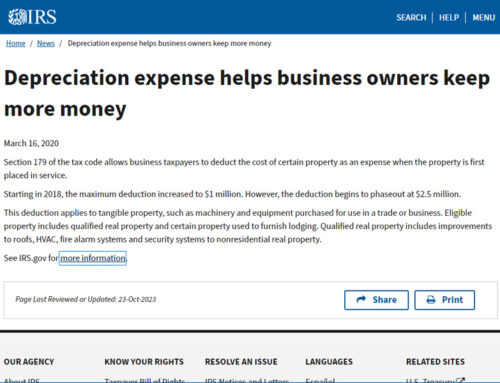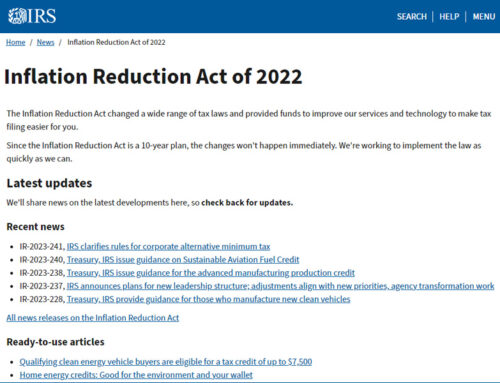The coronavirus is impacting the deadlines for income tax filings in 2020. How the federal and state governments have made decisions and provided information has been a bit haphazard. This article will provide the known facts and raise some issues for areas not covered. This article addresses calendar year timing. If there are questions about fiscal year businesses, then please contact me directly.
Revised due dates for 2019 tax returns
July 15, 2020 is now the date for filing and paying Federal and California calendar-year tax returns.
This is for all types of calendar year tax returns to include personal (1040), partnership (1065), S corporation (1120S) and C corporation (1120).
If you are due a refund, file as soon as possible.
If the returns are split where the federal tax return has a balance due and the state has a refund or vice versa, then plan the filings. The return with the refund should be filed ASAP. That refund can then be used to help pay the return with a balance due.
Estimates usually paid on a quarterly basis
The regular due dates for quarterly estimates are April 15, June 15, September 15 and January 15. With the delay of the original filing of the tax returns to July 15, what should be done with the April and June estimates? Currently, there is no guidance. The ultraconservative approach is to keep on schedule and pay for all four quarters.
A less conservative but probably reasonable approach is the not pay the first two quarters, and file in September and January. Why is this reasonable? First, the amount to be paying on estimates probably is not known until the tax return is filed by July 15. Second, with the economic downturn, there may not be much to pay for the first and second quarters on estimates.
Extensions are for filing, not extensions to pay
You will hear this over and over: the extension is an extension to file, not an extension to pay. So, by July 15, there should be enough information to make a good faith payment with the extension. If that is not the case, pay something that may seem reasonable. In recent years, when an extension is filed and no money is paid with the extension, the extension has been disregarded if there is a significant amount of tax due when the tax return is filed.
When is the filing date for a tax return on extension? There is no clear guidance at this time. It is expected that the normal extended due dates will hold, meaning September 15 for partnerships and S Corporations, or October 15 for individuals and C corporations.
Installment agreements
When the tax return is completed and there is a balance due which cannot be paid with the tax return, then an installment agreement can be set up. There are different rules depending on the size of the tax liability. Generally, the state wants its money in a year. The IRS can have their money stretched over 5 years. This can be a great tool to help mitigate this uneasy economy. I always suggest setting up the term over a longer period of time so you will not miss a payment. You can always pay off early.
I can be reached at Bruce@andersencpa.com



